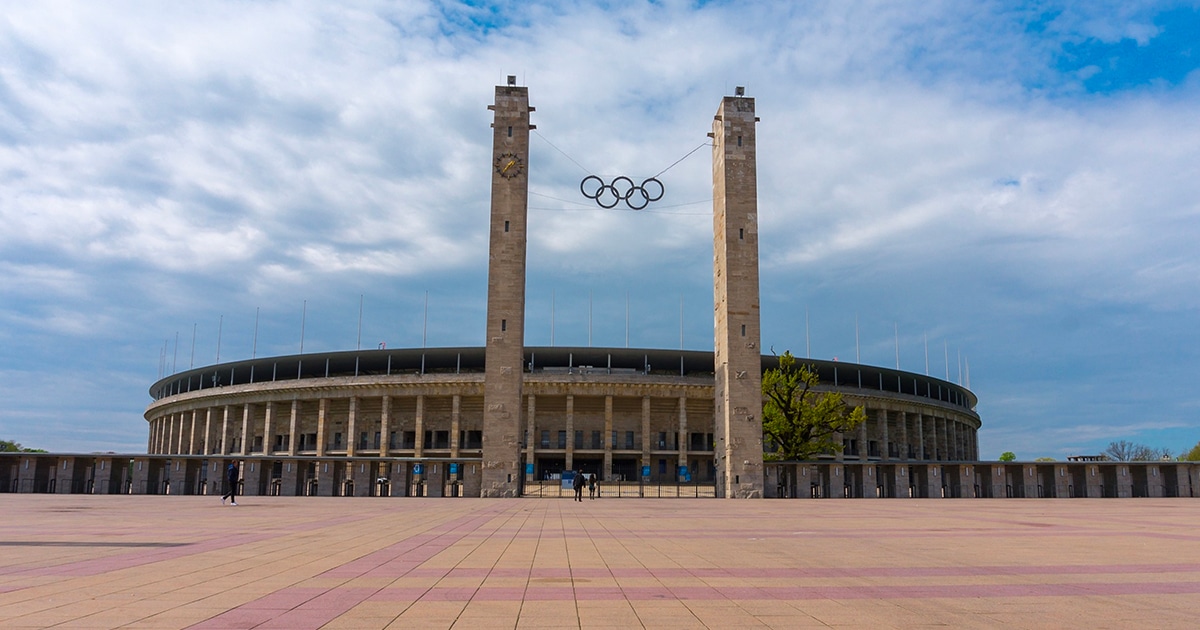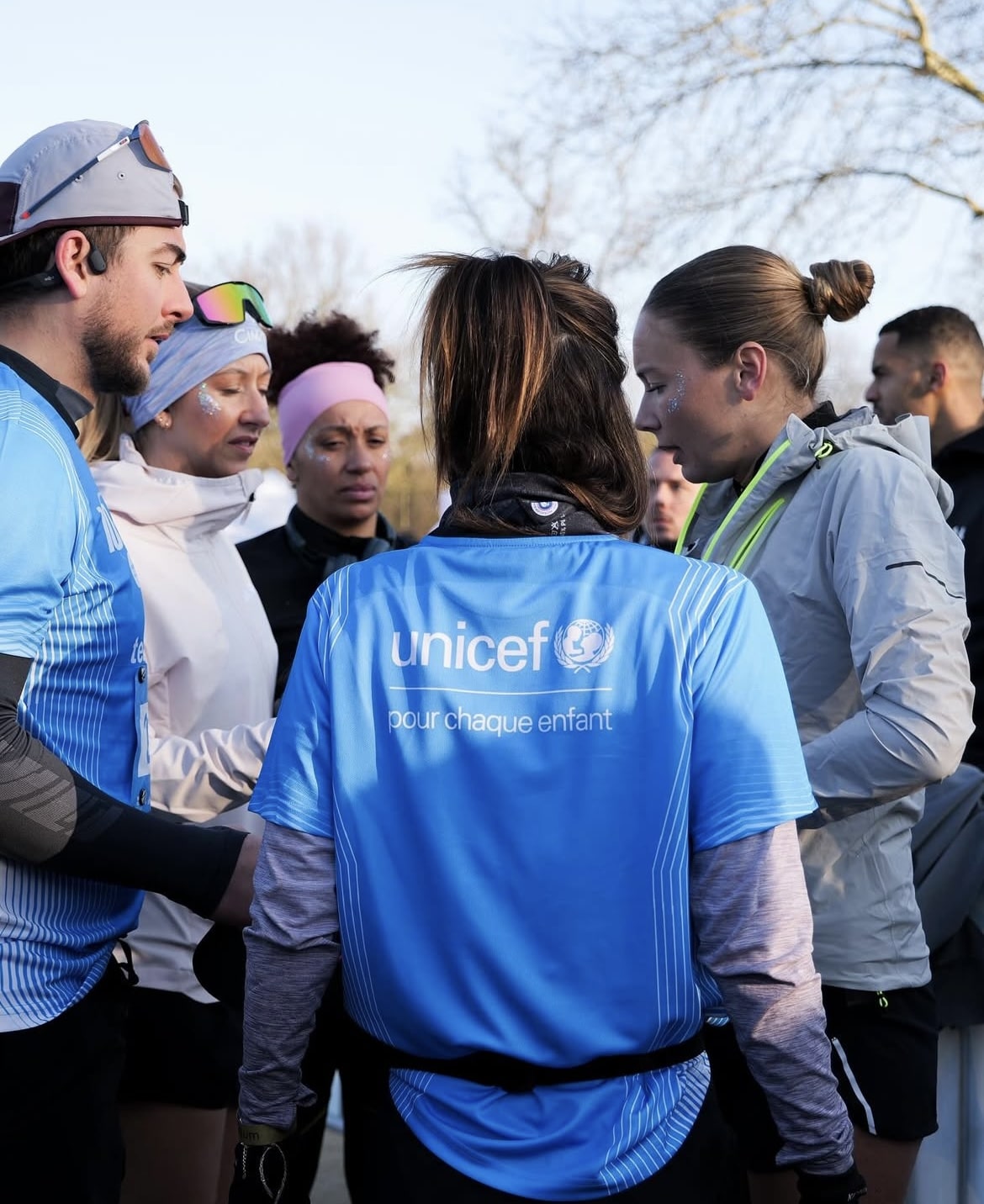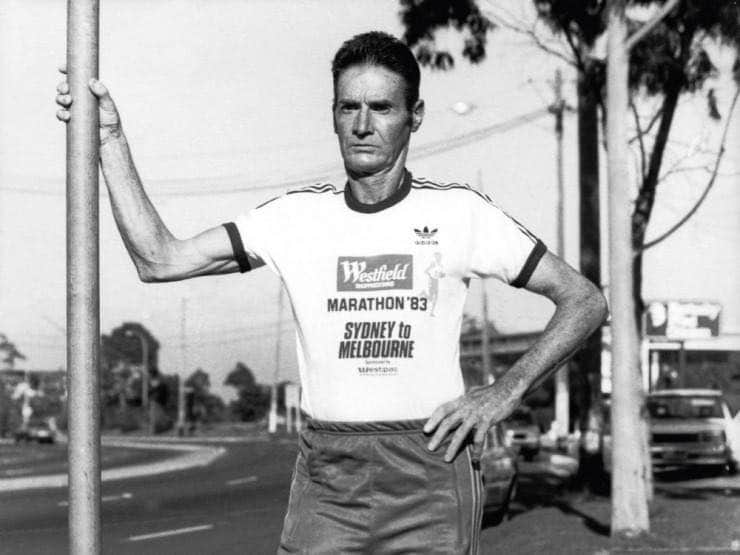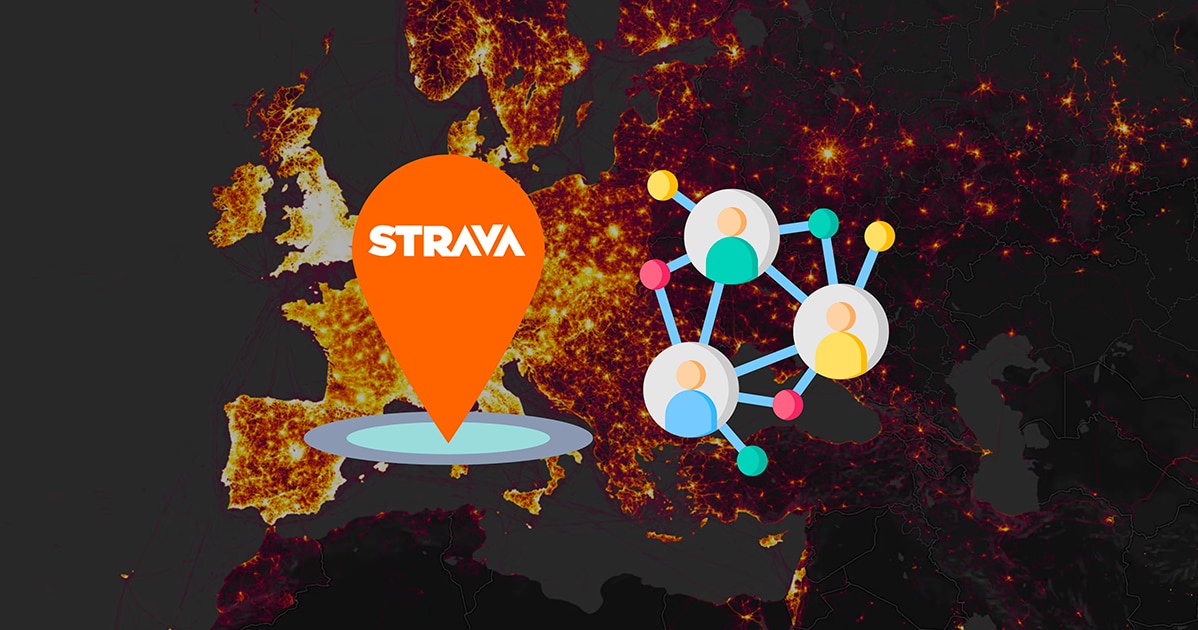1936 Berlin Olympics: The Marathon of Resistance
29/11/2024 12:13Sport has always reflected the tensions of its time. Used as a political tool (campaigns, propaganda…) or as a symbol of rebellion, the marathon has been linked to many causes. The 1936 Berlin Olympics were marked by a very particular political context.
In 1936, following World War I and shortly before the second, Hitler, who had been the German chancellor for three years, sought every opportunity to highlight his ideology. Five years earlier, Berlin was selected as the host city for the 1936 Olympics, back when the Weimar Republic (the political regime in Germany from 1918 to 1933) was still in power. But when the Nazi regime, appointed in 1933, saw this event as a propaganda opportunity, the situation became quite controversial.
The “Games of Shame”
Is it ethical for a cultural and sporting event with significant social and economic impact, which supposedly aims to promote values like peace and acceptance, to take place in a country led by a dictator? Some countries opposed this at the time and chose to boycott the event by organizing their own Games in Barcelona, known as the “People’s Olympics” (34 nations). However, the project was abandoned due to the Spanish Civil War. Adolf Hitler thus had the opportunity to clear his showcase by hosting these Olympic Games, known today as the “Games of Shame.”
On the morning of August 1, 1936, 49 nations (129 disciplines) paraded in the Berlin Olympic Stadium before nearly 100,000 spectators. The atmosphere was ambiguous. Amongst grand spectacles, fanfares, military demonstrations, and Adolf Hitler’s closing ceremony speech, it was a typical scene of propaganda, reflecting the dark convictions of the chancellor. Indeed, the opening ceremony was symbolic in many ways, carrying a message. Jewish athletes from the German delegation were excluded, and the values of inclusivity in the Olympics were reduced to a sham, glorifying the Aryan race as stronger and thus claiming it to be the great winner of these 1936 Berlin Olympics…
Although the host country won a total of 89 medals, reaching the first position, it was not without difficulty for Hitler. Indeed, two men inadvertently refuted the cult of Hitler’s youth. They became symbols of hope. A hope burning like the flame, yet hidden by the shadow of totalitarianism.
Jesse Owens: The Blazing Answer to Racist Theories
It was particularly during the running events that these athletes showcased their convictions and their desire to fight against political oppression. Although remembered in the history of sports, Hitler could not ignore his name either. James Cleveland Owens, known as Jesse Owens. The African-American athlete with four gold medals became a symbol of resistance against the racial theories of Nazi Germany, which was then preparing for war. Owens won the 100m (10.3 seconds), 200m (20.7 seconds), long jump (8.06m), and the 4 x 100m relay (world record in 39.8 seconds), outpacing every German competitor in his events.
Although his feats were applauded by the nearly 100,000 spectators at the 1936 Berlin Olympics, they left the German officials and the chancellor himself unmoved. Despite a post-Olympics life marked by racist attacks against the athlete upon returning home, where segregation was still prevalent, Owens defended sports as a vehicle for unity and a means to transcend social and political barriers.
Ki-Jung: Marathoner and Resister, Hidden in the Shadow of Colonialism
Another athlete also left his mark during the event: Sohn Kitei. Known by his Korean name “Ki-Jung,” he was a significant marathon figure in the 20th century. He represented resilience in the face of injustice on several occasions. At that time, up until 1945, Korea faced progressive economic and political oppression. The invasion of Korea by Japan is still a source of tension between the two countries today. But Sohn Ki-Jung’s triumph in the marquee event during the 1936 Berlin Olympics became a symbol of resistance for the Korean people and hope for the opponents of the Great Reich’s dictator, who aspired to draw inspiration from this act of courage. The Korean-born (South) athlete was forced to compete under the Japanese flag in a colonialist context. Ki-Jung unexpectedly won the marathon, setting a new Olympic record (2h29’19).
During the medal ceremony, the Olympian celebrated his victory with a bowed head and silent mouth. He hid his bib, which bore the Japanese flag, with a young oak tree gifted to him, evoking strength and longevity (a coincidence that would say much about the future). Furthermore, he identified himself as Korean, not Japanese, to the international journalists present, showing the world his opposition to the Japanese occupation. His compatriot Nam Sung-yong, who came in third, later stated that he envied the sorrowful victor, not for his placement but for having the courage to assert his freedom and oppressed identity. The life of the gold medalist was constantly monitored by the Japanese government after his victory and his few acts of resistance. Yet, this was enough for the Korean people to regain hope for a prosperous future for their community.
A Universal Symbol of Resilience
Beyond borders, Ki-Jung actively contributed to international sporting excellence. After Korea’s independence, the marathoner continued to promote athletics and became a national coach to train elite athletes for the Olympic Games. Two of his protégés, Suh Yun-bok and Ham Kee-yong, went on to win the Boston Marathon in 1947 and 1950, respectively, as well as Hwang Young-cho, who won gold at the 1992 Olympics. Moreover, the Boston Marathon itself experienced a tragic incident many years later in 2013, when two bombs exploded at the finish line, deeply marking the history of this iconic race. Just like Sohn Ki-Jung in 1936, the Boston marathoners, despite the terror, demonstrated resilience and unity in the face of adversity.
All these events remind us that the marathon is much more than a physical challenge: it is a threshold of human ideologies, where the will for freedom confronts authoritarianism.



